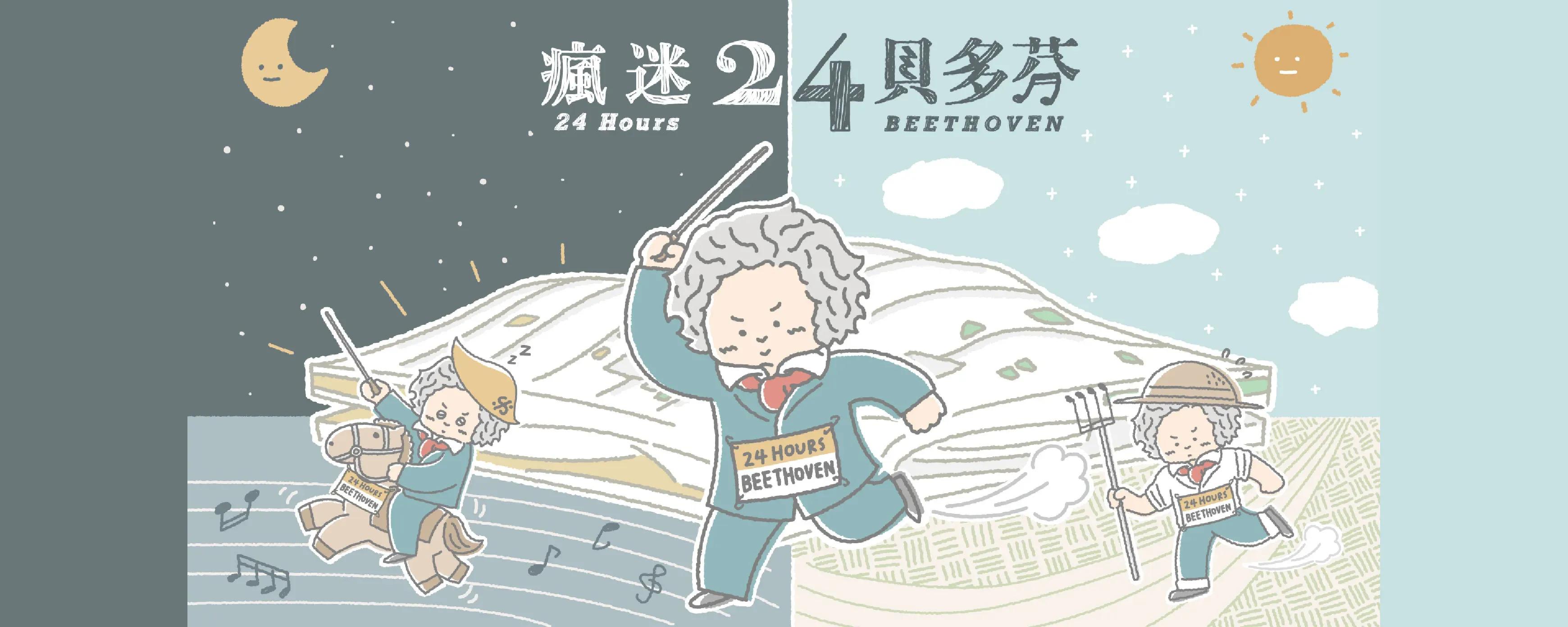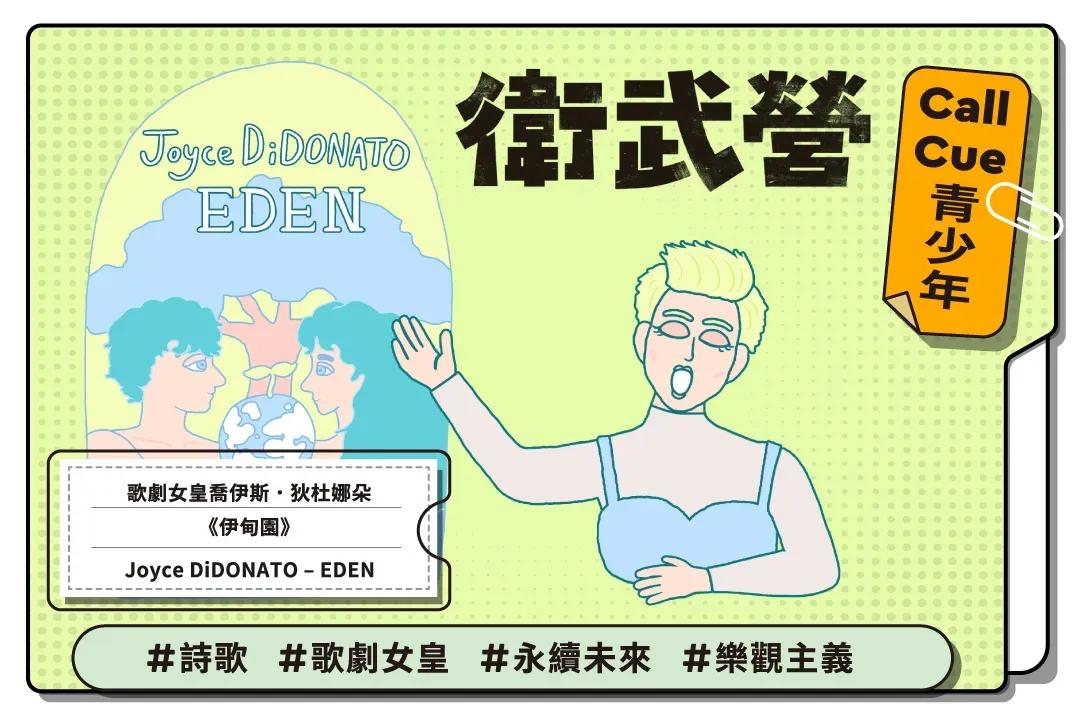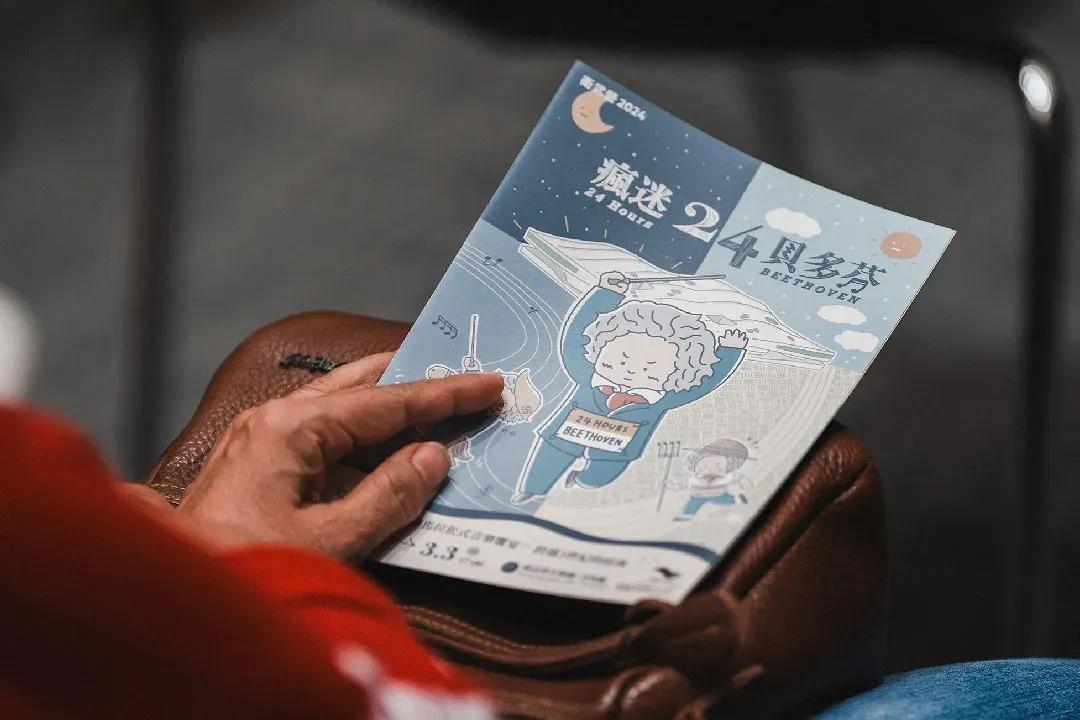by Eric LIEN
Ludwig van BEETHOVEN: Dec. 17, 1770 - Mar. 26, 1827
BEETHOVEN was born on December 17, 1770, in Bonn, an old town on the banks of the Rhine near Cologne in western Germany. He was named Ludwig, after his grandfather, who was a bass and the music director of a church. The younger BEETHOVEN having inherited his grandfather's musical genes became apparent when he was just five, but his childhood was an unhappy one full of physical and verbal abuse from his strict father - such treatment is believed to have led to his later deafness. At 13, he was named assistant to Bonn's most reputed composer, at which time he had his first piece of music performed publicly and won the attention of the aristocracy and local music circle. At 17, he received sponsorship from the local court to go to Vienna and become a pupil of MOZART, but he soon returned home as his mother fell severely ill.
setting him up for making a living off royalties from his compositions instead of having to serve as a musical "footman" at a royal court as was commonly the case. From 1795 to 1802, he started making a real name for himself, traces of which can be seen not only in Vienna but various other major European cities. Some pieces of that time include Piano Concerto No. 3, Moonlight Sonata, and Spring Sonata, signs of his ambition to advance musical form.
All good things come to an end though. He began to notice the decline of his hearing. In 1802, he went to the famous hot springs of Heiligenstäd to try to heal himself, but as it was no help, he fell into despair and wrote the Heiligenstäd Testament (a letter to his brothers about his plight). It was indeed therapeutic, helping him recover his spirit and become motivated to liberate himself through music.
At 22, he went to Vienna once more. MOZART had already passed away, so this time the composer sought the tutelage of HAYDN, whom he had met several times in Bonn. With his insight and innovation, BEETHOVEN's style differed greatly from the tradition of his tutor and was thus a thorn in their relationship, but through it, he received numerous opportunities in Vienna and was able to perform his work with the support of members of the aristocracy,
In 1804, he published his Symphony No. 3 (Eroica). which is viewed as the start of the Romantic period in music as the piece was a pure expression of BEETHOVEN's feelings as opposed to being written for a royal court audience. From this point to 1817 is considered his golden years, during which he wrote his fourth through eighth symphonies (including the Fate and Pastoral), Piano Sonatas No. 21 and No. 23, his sole violin concerto, and the opera Fidelio. By this time, his name had reached the acme of fame and he was the most popular of composer.
By 1818, he was completely deaf and was thus reduced to having to communicate in writing. Also, the overly intense music education he gave his nephew Carl was useless. As a result, BEETHOVEN gradually faded into isolation, initiating his late period of composition. Though he was quiet, he had much to voice. He no longer cared about the restrictions on music imposed by technical skill, so his string quartets and piano sonatas from this period are extremely complex and to this day are viewed as the greatest pieces of all classical music. In the fourth movement of his Symphony No. 9, vocals are integrated into a symphony for the first time in history. The lyrics come from Friedrich SCHILLER's poem "Ode to Joy" while the simple melody expresses a yearning for peace among the nations.
On March 26, 1827, BEETHOVEN died in Vienna. Three days later, over 10,000 people attended the funeral of this composer whose profound influence on the music world continues to the present day.
Chronology of BEETHOVEN's Life
1770 - Born in Bonn, Germany on December 17.
1775- Began learning music under the strict discipline of his father.
1782 - Became an assistant to the court organist in Bonn.
1787- First visit to Vienna; was cut short by his mother's illness.
1792- Returned to Vienna and came under HAYDN's tutelage.
1795- Held his first concert in Vienna, at which he performed Piano Concerto No. 2, receiving wide acclaim.
1796- Performed in Prague, Budapest, Berlin, and Leipzig.
1800- Completed Symphony No. 1.
1802 - His hearing worsened. BEETHOVEN went to hot springs for therapy and wrote the Heiligenstäd Testament.
1804- Completed Symphony No. 3 (Eroica), initiating the Romantic era.
1808- Debuted his fifth and sixth
symphonies, Piano Concerto No. 4, and Choral Fantasy on December 22. This was the high period of his career.
1812- Wrote love letters to his "immortal beloved" - the intended receiver is still unknown.
1818- His hearing was completely lost, he could only communicate in writing.
Reached the peak of his late period of work.
1824- Debuted Symphony No. 9, winning the highest acclaim from the audience.
1826- Completed his final five string quartets and the Great Fugue; hailed String Quartet No. 14 as his greatest masterpiece.
1827- Passed away in Vienna at age 56 on March 26.




